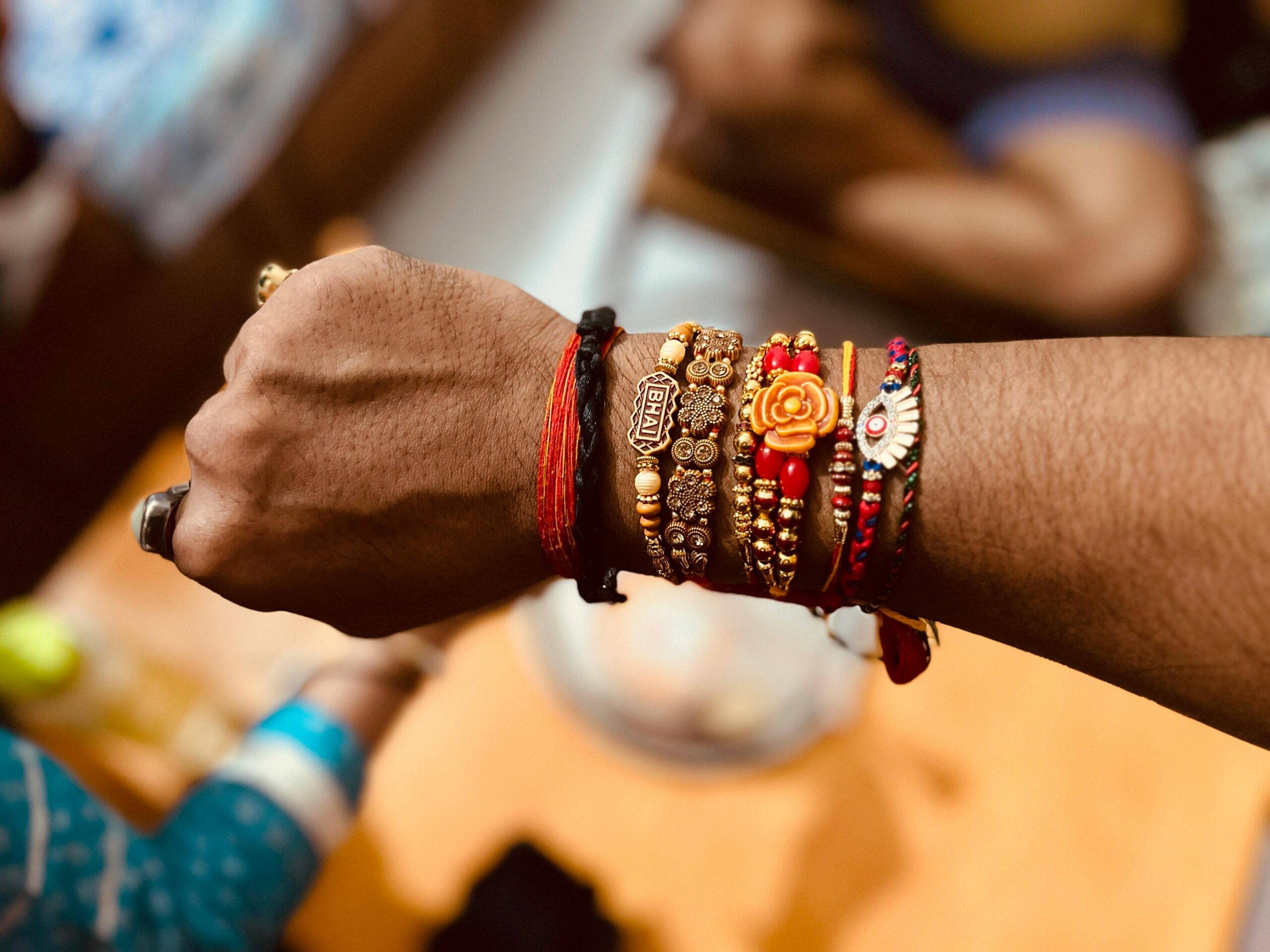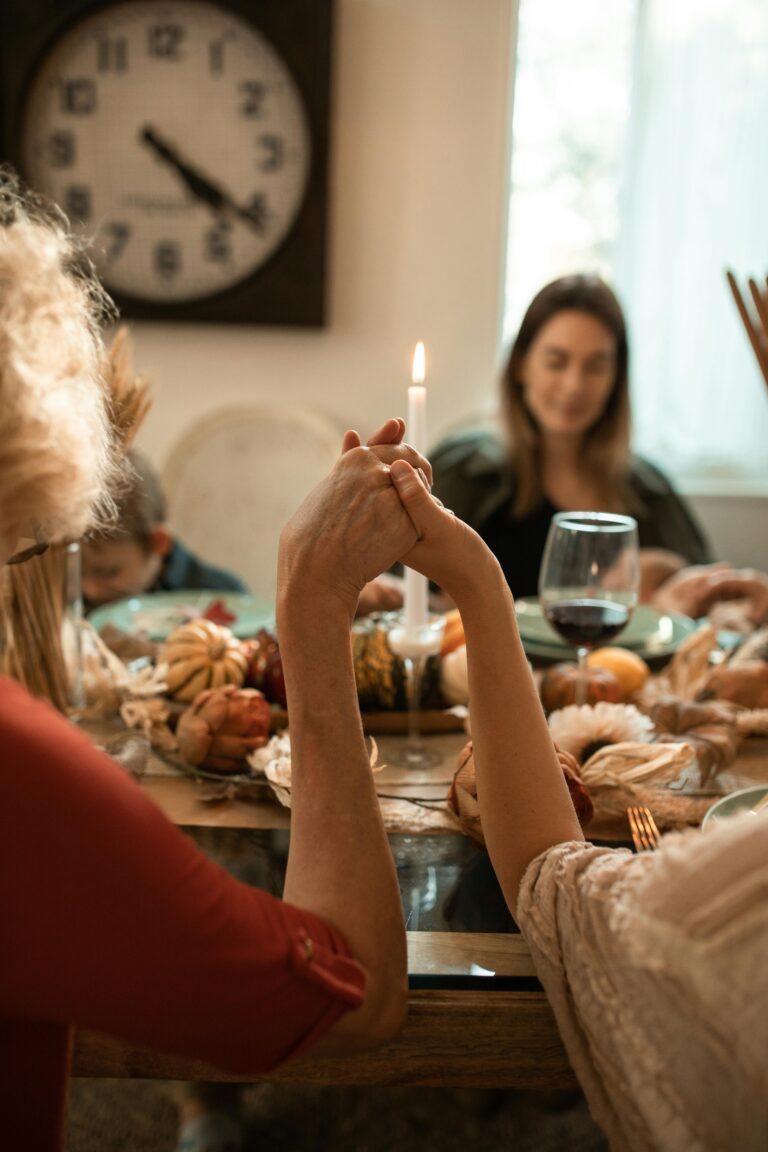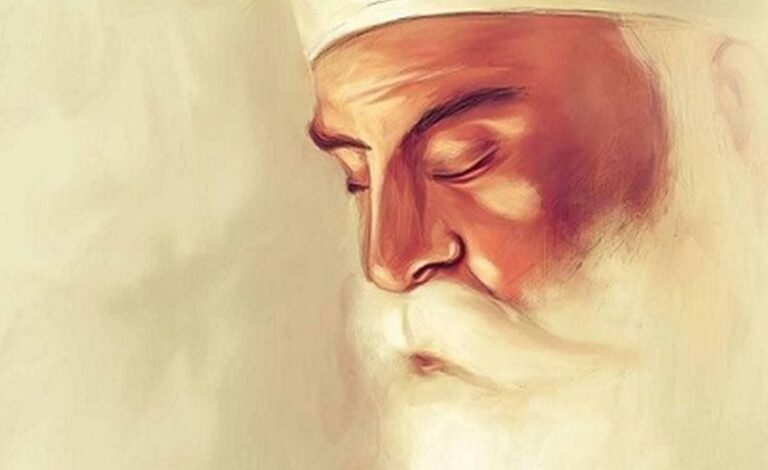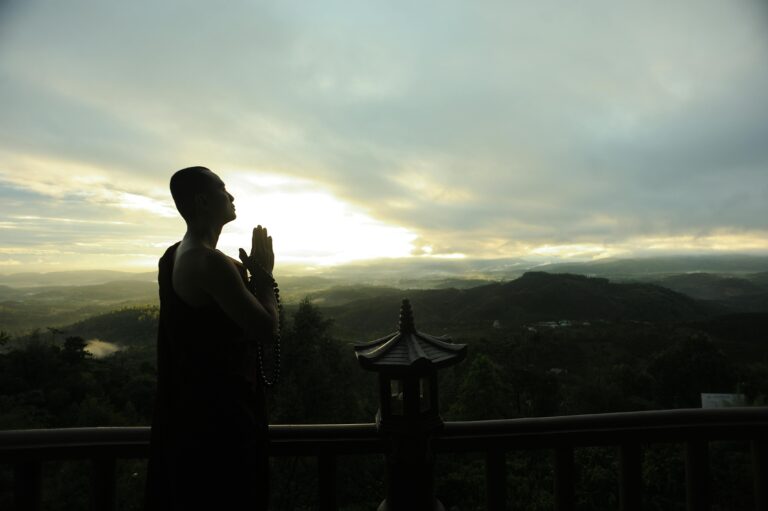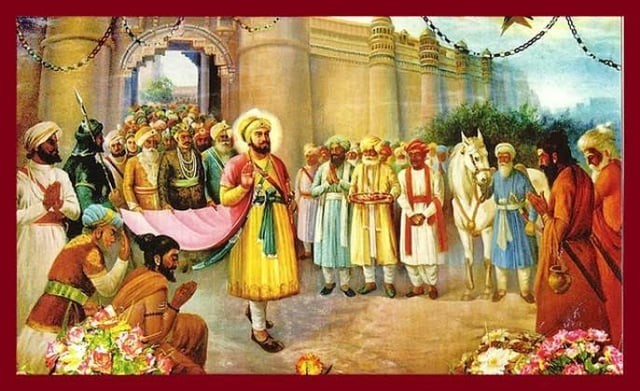Rakshabandhan – The Sacred Bond of Protection
Rakshabandhan, commonly called Rakhi, is one of the most cherished festivals in India, symbolizing the pure bond of love, duty, and protection between brothers and sisters. Celebrated on the full moon day (Purnima) of the Hindu month of Shravana (July–August), it is an occasion that blends affection with cultural tradition, bringing families closer.
Historical Background and Origin
The roots of Rakshabandhan can be traced to ancient Indian history and mythology. One of the most popular legends is from the epic Mahabharata. When Lord Krishna injured his finger while handling the Sudarshan Chakra, Draupadi, the wife of the Pandavas, tore a piece of her saree and tied it around his finger to stop the bleeding. Touched by this gesture, Krishna vowed to protect her in times of need.
Another well-known story comes from the medieval period. When Queen Karnavati of Chittor faced a threat from Bahadur Shah of Gujarat, she sent a rakhi to Mughal Emperor Humayun, seeking protection. Moved by her plea, Humayun marched to her aid, showing that the festival extends beyond blood relations.
Some historians also trace its origin to the ancient practice of tying sacred threads for protection in Vedic times, where sages would bless their disciples with a raksha sutra during rituals.
“Through years that pass and miles that part,
This thread still beats within the heart,
A promise pure, a love so deep,
A treasure we forever keep.”
Why It Is Celebrated:
Rakshabandhan celebrates the commitment of protection, trust, and mutual respect between siblings. Traditionally, a sister ties a rakhi—a decorative thread—around her brother’s wrist, praying for his well-being, while the brother promises to safeguard her throughout life. Over time, the festival has expanded in meaning, celebrating bonds between cousins, close friends, and even community members. It signifies unity, love, and the importance of family in Indian society.
Importance of Rakshabandhan:
Rakshabandhan holds emotional, cultural, and social significance. It strengthens the family unit, nurtures lifelong relationships, and spreads the message of mutual care. In today’s fast-paced world, where distances and busy schedules often weaken personal connections, this festival acts as a reminder to pause, cherish relationships, and express gratitude. It also promotes unity beyond blood ties, encouraging bonds between different communities and even nations.
How It Is Celebrated Across India:
Though the core ritual remains the same, Rakshabandhan is celebrated with regional variations:
North India – The festival is grandly celebrated with family gatherings, exchange of sweets, and gifts. In states like Punjab, Haryana, and Uttar Pradesh, fairs are held, and markets are filled with colorful rakhis and festive treats.
Rajasthan – Women often send rakhis to their brothers living far away, along with kumkum and akshat (rice grains) in beautifully decorated envelopes. The tradition of Lumba Rakhi—tying rakhis to the bangles of a sister-in-law—originated here.
Maharashtra – Rakshabandhan coincides with Narali Purnima, a festival for fishermen. Sisters tie rakhis, while fishermen offer coconuts to the sea, seeking blessings for safety.
West Bengal & Odisha – Known as Jhulan Purnima, it is also associated with Lord Krishna and Radha’s playful swings. People visit temples and tie rakhis among friends and neighbors as a gesture of harmony.
South India – In states like Tamil Nadu, Kerala, and Andhra Pradesh, Rakshabandhan blends with Avani Avittam, a sacred thread-changing ceremony for Brahmin men, symbolizing renewal of vows and duties.
Rakshabandhan is more than a festival—it is a reminder that love and protection are the true treasures of life. In a world that often moves too fast, this simple thread teaches us that relationships are worth pausing for, cherishing, and celebrating. Whether tied between siblings, friends, or even across communities, the rakhi is a knot that time and distance cannot untie. It is not just about protecting one another—it is about protecting the love that keeps us human.

